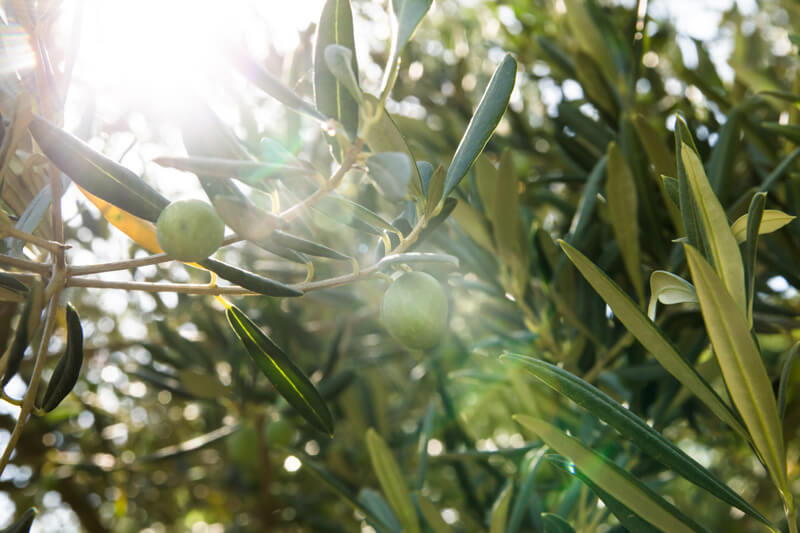
Hojiblanca Olive Oil
Hojiblanca Oil gets its name from the white colour of the back of the olive leaf from which it comes. It comes, fundamentally, from Córdoba, Málaga, Seville or Granada, although the cradle is the Olive Grove in the area of Puente Genil. It is an olive oil that presents a wide range of flavours, highlighting its sweet and fruity flavour, slightly spicy and an almond aftertaste.
Do you want to know more about Hojiblanca olive oil? Follow us.
What is Hojiblanca Oil?
Hojiblanca Oil is one of the best known varieties of Extra Virgin Olive Oil. It is characterised by the white tone of the back of the leaves of the olive tree from which it is extracted. In addition, the hojiblanco olive tree is round, of a medium-high caliber in relation to other types of olives, such as arbequina and picual.
The oil obtained from the pressing of its fruits has average characteristics in relation to other olives in terms of its bitterness. Its content in oleic acid is medium, around 70% of the total fatty acids. This makes it more resistant to oxidation at high temperatures than other types of oils.
Freshly harvested, it is characterized by having a golden green oil, although depending on the state of maturation of the olive from the milling, it may come out a darker or lighter tone.
If the olive is at an early ripening point, the oil will have more greenish tones, especially if it is unfiltered oil .
Mainly, it is typical of the central Andalusian area, covering mainly the North of the province of Malaga, the South of the province of Córdoba and the East of Seville. Its origin dates back to the town of Lucena in Cordoba, although its greatest heyday was in the area of Puente Genil, considered one of the best in the world.
Characteristics of Hojiblanca Oil
Once you try this great Extra Virgin Olive Oil you will no longer want to change oil. This liquid gold has its own personality that makes it unique among other types of oils on the market. And it is due to its properties:
- Hojiblanco olive trees are vigorous trees with high resistance to drought and frost.
- Its fruit is late ripening. Its productions are alternating and it is considered a seasonal variety, that is, the fruit must be harvested early so that the olive tree has time to recover for the following season.
- The size of its olives is large and rounded, which is why it is also used as a table olive.
- The leaf of the hojiblanco olive tree is lanceolate, long and of medium width.
- The colour of its skin when it reaches maturity is a reddish-purple hue.
- Its level of bitterness is medium, with a spicy aftertaste with sweet notes.
- It is characterized by its herbaceous aroma, thyme, mint or some vegetables, although the fullness of its aromas will depend on the area where it is grown.
- Its intense fruity flavour is reminiscent of banana, apple and citrus nuances. These flavours will be enriched or mitigated depending also on the olive grove where they are found.
Hojiblanca Oil Properties
Basis of the Mediterranean diet
This EVOO is ideal for use raw or even fried, thanks to its greater resistance to high temperatures. Its properties offer a unique result on food, enhancing its flavour.
Beneficial for health
Hojiblanca oil stands out for being one of the Extra Virgin Olive Oils with the least fat. In addition, it contains a high content of vitamin D, much higher than in other varieties of extra virgin olive oil.
Moisturisers
This magnificent liquid gold contains qualities that are usually applied to body beauty, such as in skin treatments thanks to its high antioxidant power, due to the fact that it is a rich source of fatty acids and triglycerides.
Uses of Hojiblanca Oil
Hojiblanca oil is an oil that rises in the pan when it reaches a certain temperature, so you only have to pour a little. One of the most versatile EVOOs when it comes to using it in the kitchen:
- Salad dressings, enhances the flavour.
- Frying, admits a good number of uses, improves the taste.
- Fish stews such as cod and tuna.
- Fish or meat carpaccios.
- I eat it raw, with toast with tomato and ham, for example.
- Ideal for oily fish, creams, pasta, gazpachos or salmorejo, this liquid gold enhances its flavour even more.
Another of its uses is in ice cream. The number of ice cream masters who use hojiblanca oil is growing more and more. The hojiblanca EVOO is an excellent option as it helps to enhance the flavour.

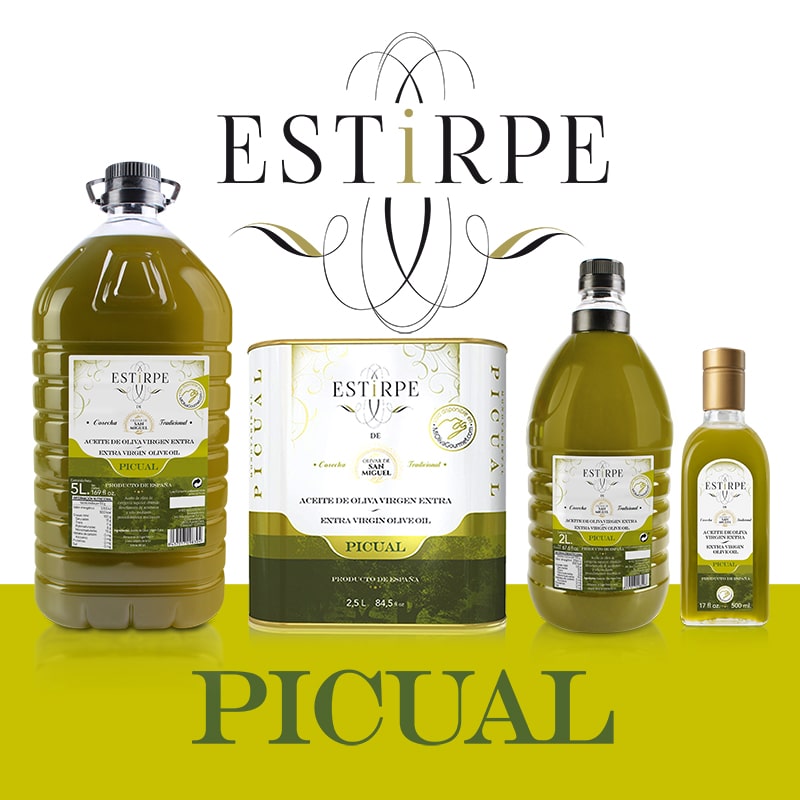
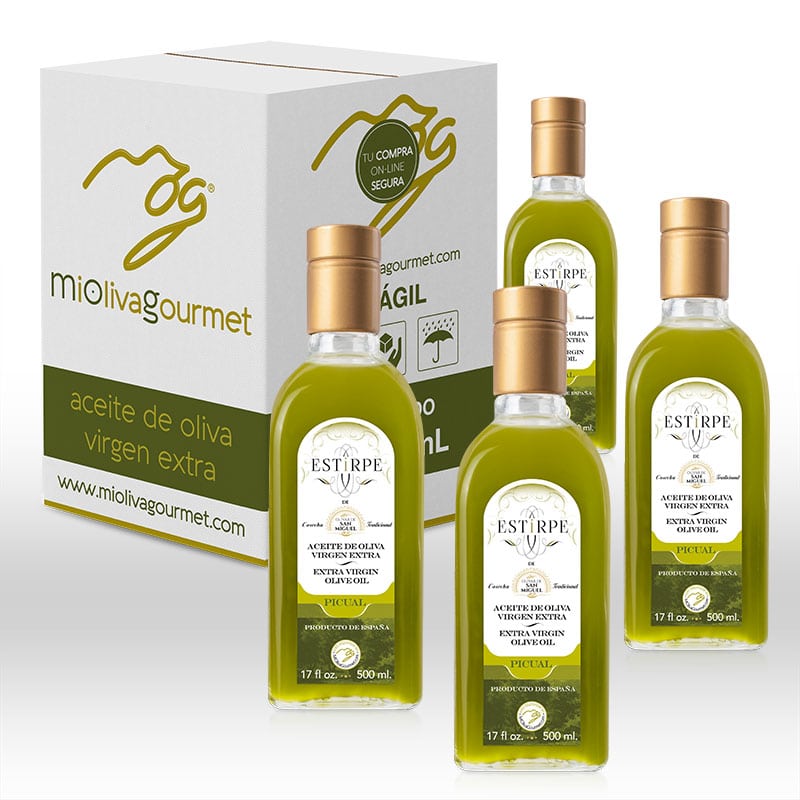
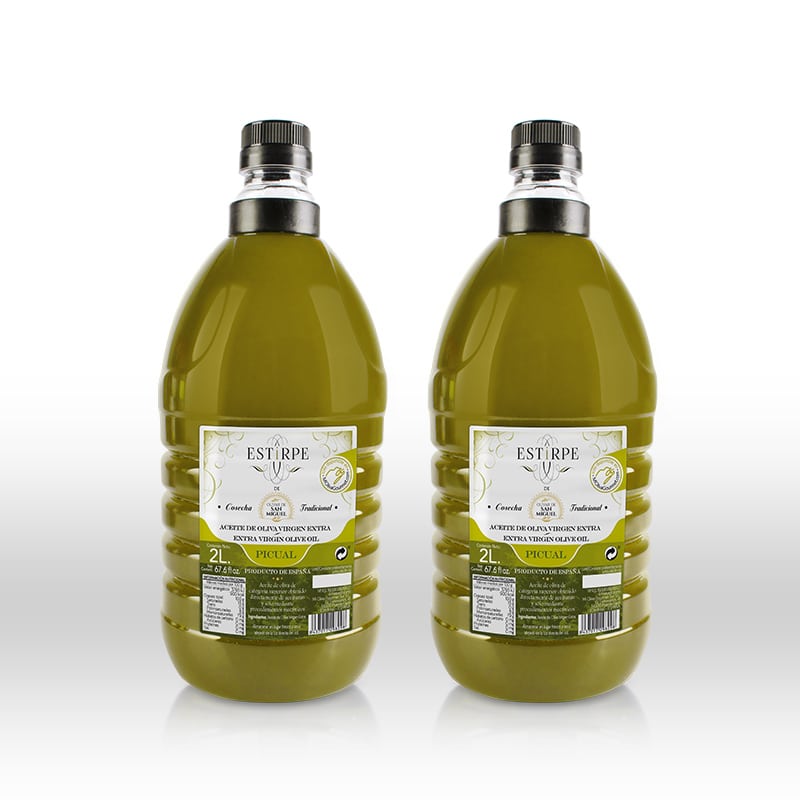
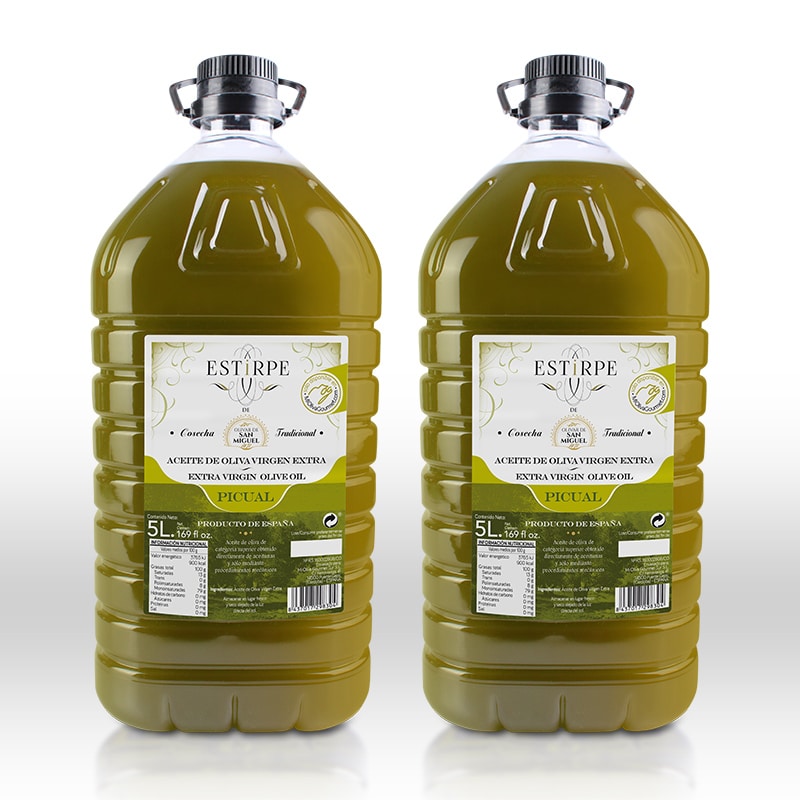
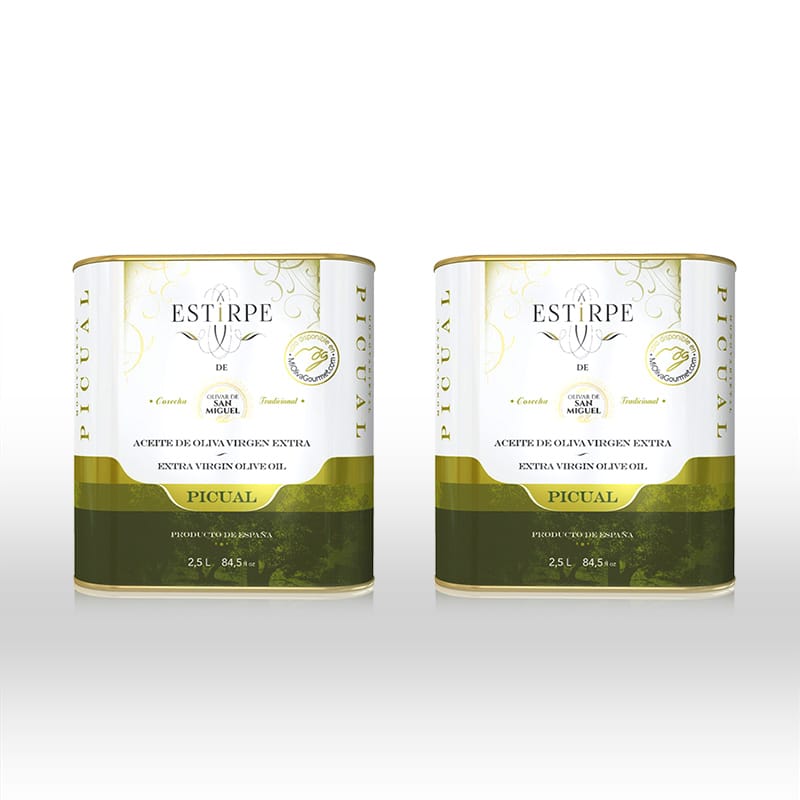
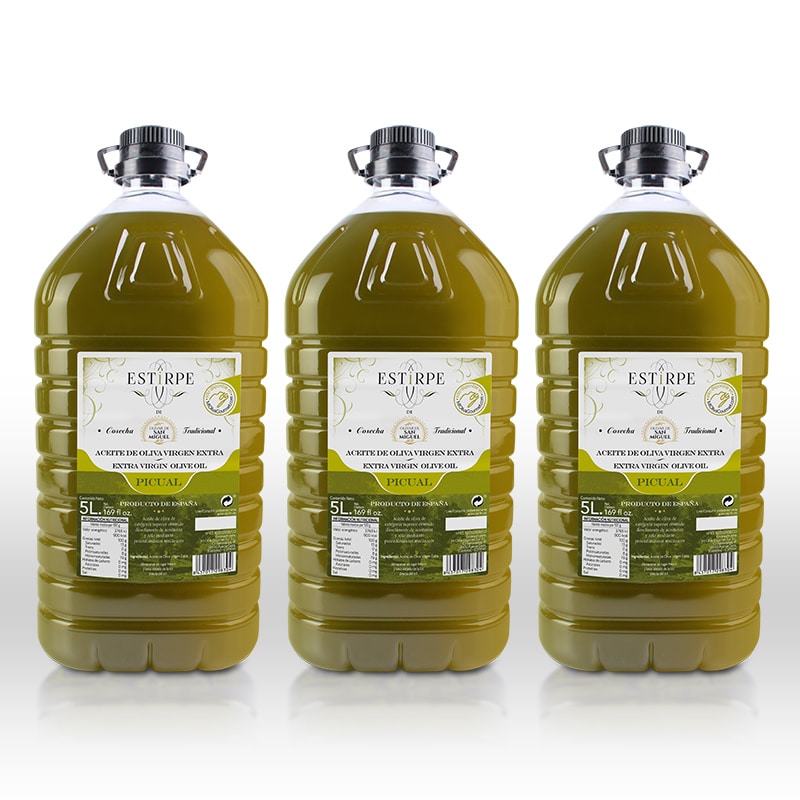
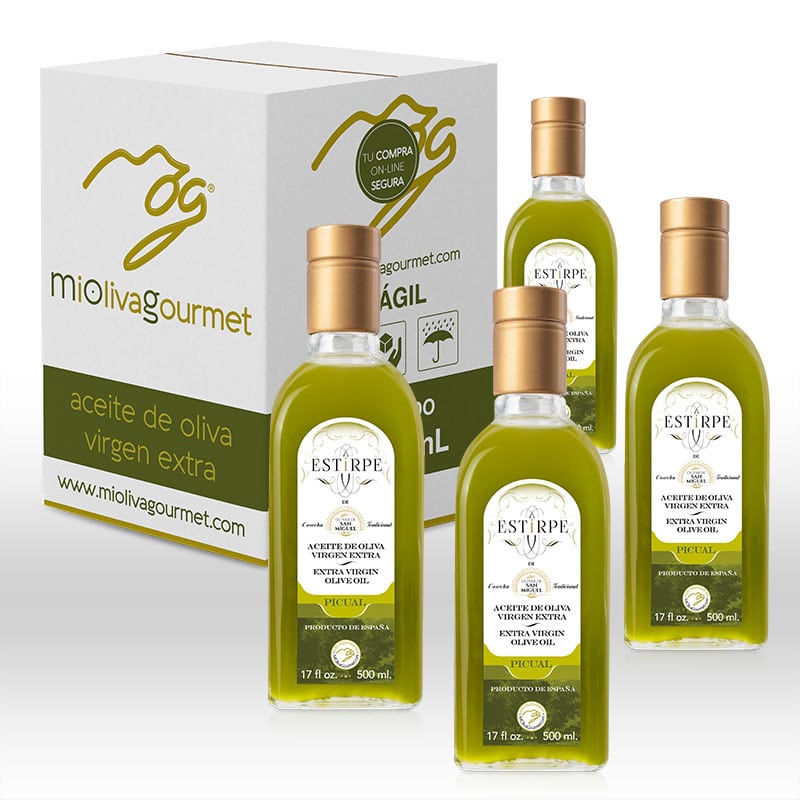
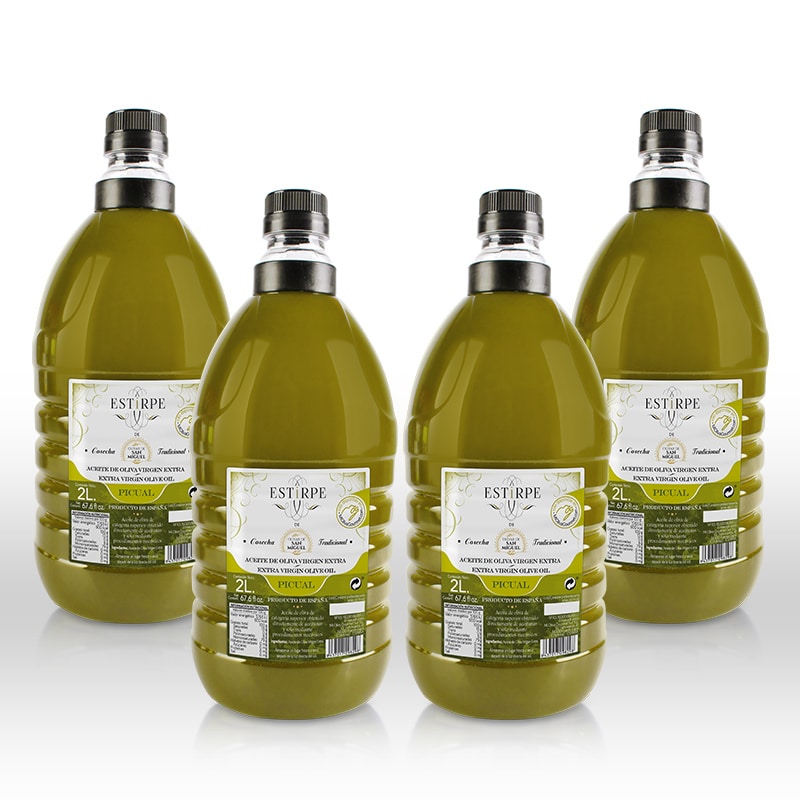
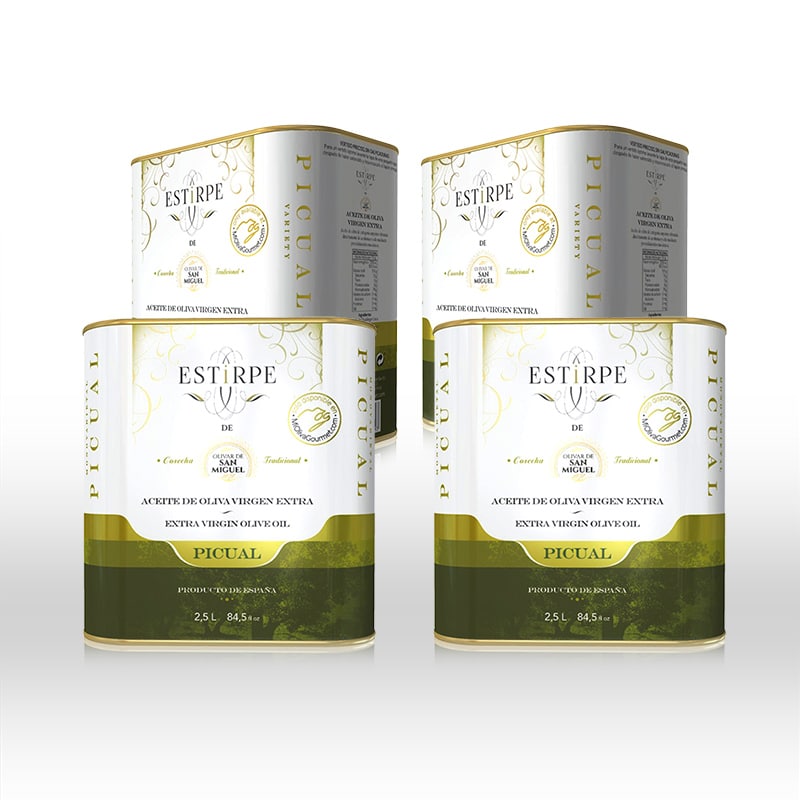
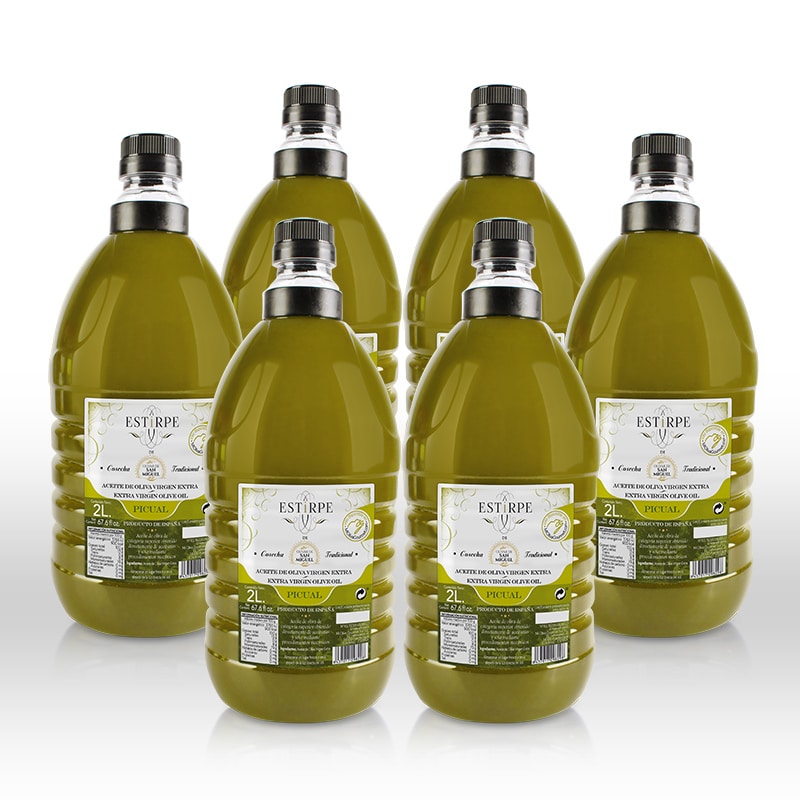
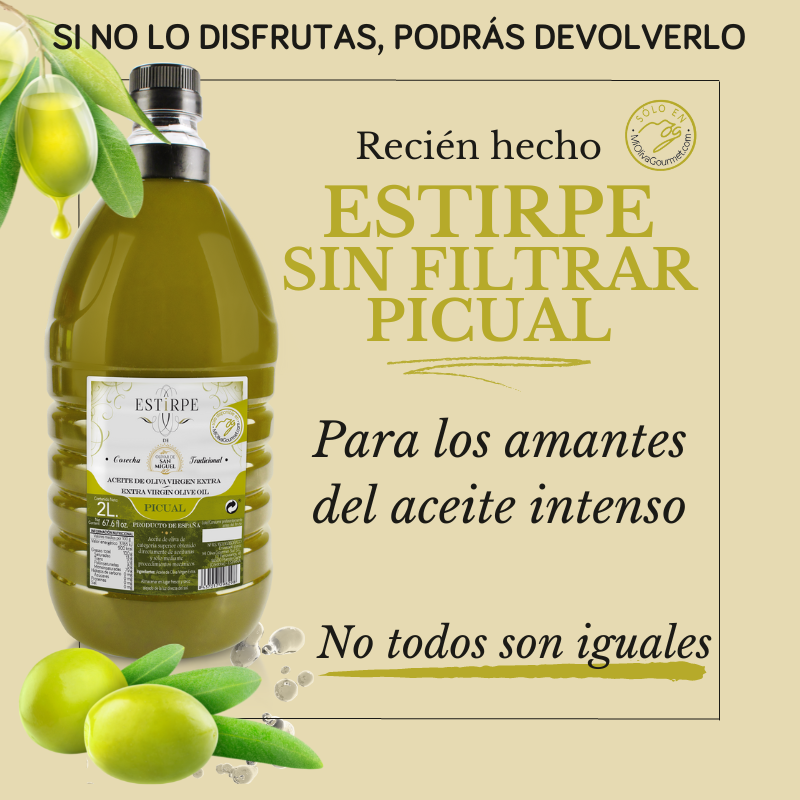
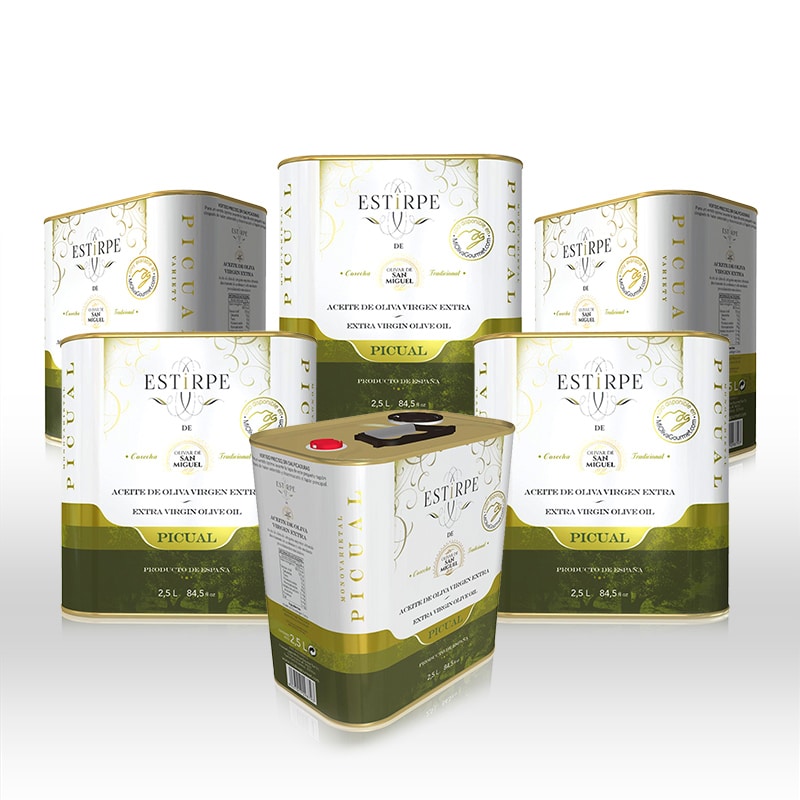
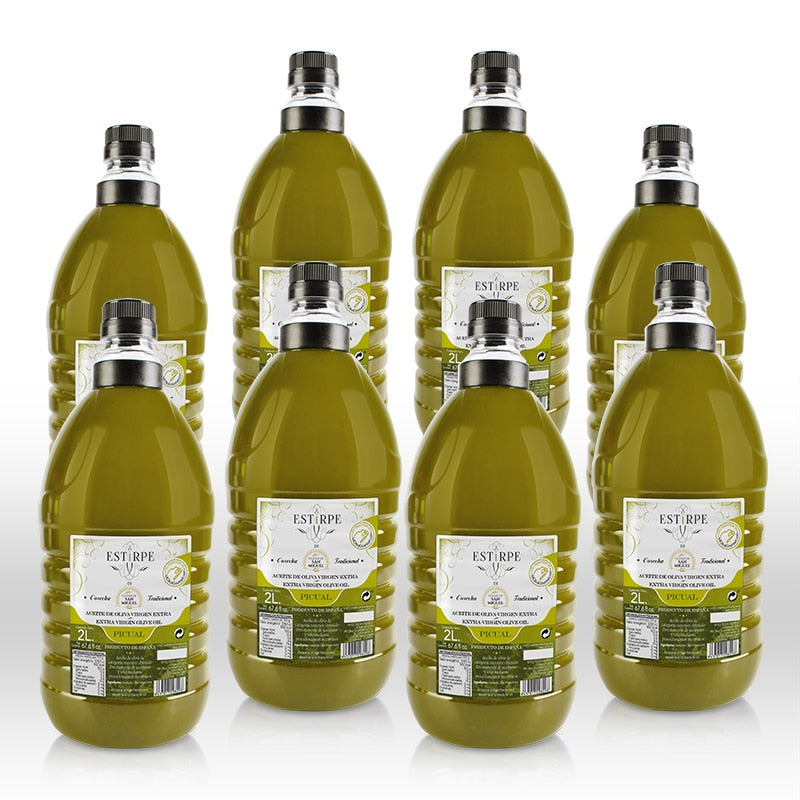
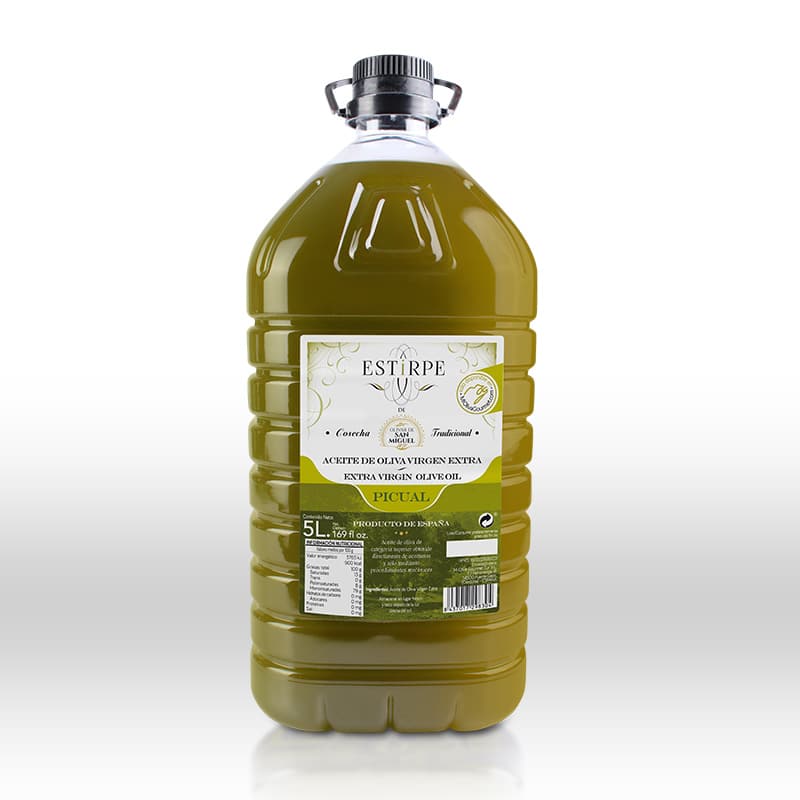

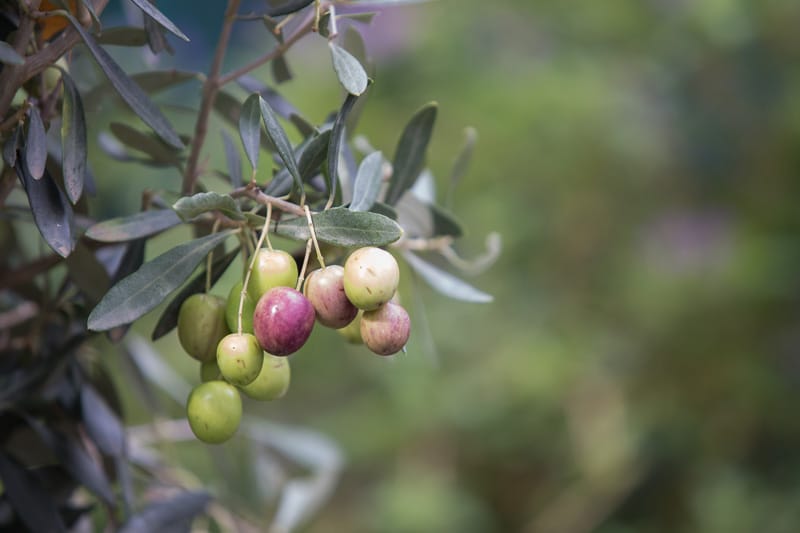



Leave a comment
This site is protected by hCaptcha and the hCaptcha Privacy Policy and Terms of Service apply.